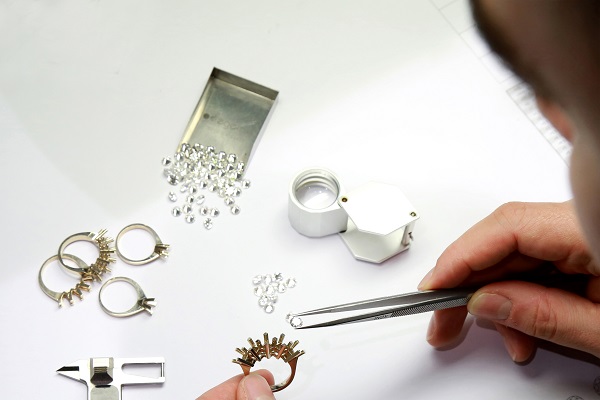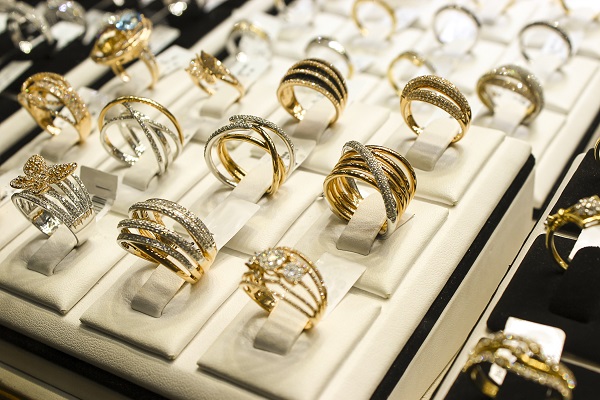The jewellery industry has long been associated with luxury and glamour, but it is also notorious for its unethical practices. From child labour to environmental degradation, the industry has faced a lot of criticism for its negative impact on society and the planet. However, in recent years, there has been a growing awareness and demand for ethical sourcing practices in the jewellery industry.
What is Ethical Sourcing?

Ethical sourcing refers to the process of ensuring that the materials used to make jewellery are sourced in a responsible and sustainable manner. This includes taking into account the social, environmental, and economic impacts of the mining and extraction of metals and gemstones.
Ethical sourcing also involves ensuring that the workers involved in the mining and production of jewellery are treated fairly and are not exploited. This means paying them a fair wage, providing them with safe working conditions, and ensuring that they have access to basic human rights such as healthcare and education.
Why is Ethical Sourcing Important?
Ethical sourcing is important for a number of reasons:
- Social Responsibility: The jewellery industry has a responsibility to ensure that its products are not associated with human rights abuses or exploitation. Ethical sourcing helps to ensure that the workers involved in the production of jewellery are treated fairly and with dignity.
- Environmental Sustainability: The mining and extraction of metals and gemstones can have a significant impact on the environment. Ethical sourcing practices help to minimize this impact by ensuring that the materials are sourced in a responsible and sustainable manner.
- Consumer Demand: Consumers are increasingly demanding ethical and sustainable products. By implementing ethical sourcing practices, jewellery companies can meet this demand and improve their brand image.
The Challenges of Ethical Sourcing
Although ethical sourcing is an important aspect of the jewellery industry, it is not without its challenges. Some of the challenges include:
- Traceability: It can be difficult to trace the origin of metals and gemstones, making it hard to ensure that they have been sourced ethically.
- Certification: There are a number of certification schemes available for ethical sourcing, but not all of them are widely recognized or trusted.
- Costs: Ethical sourcing can be more expensive than traditional sourcing methods, which can make it difficult for smaller companies to implement.
The Future of Ethical Sourcing in the Jewellery Industry

Despite the challenges, the future of ethical sourcing in the jewellery industry looks promising. Consumers are becoming increasingly aware of the impact their purchases have on the world, and are demanding more transparency and accountability from companies.
There are also a number of initiatives and organizations working to promote ethical sourcing in the jewellery industry. For example, the Responsible Jewellery Council is an international not-for-profit organization that promotes responsible business practices in the jewellery supply chain.
By implementing ethical sourcing practices, the jewellery industry can improve its reputation, meet consumer demand, and contribute to a more sustainable future.


